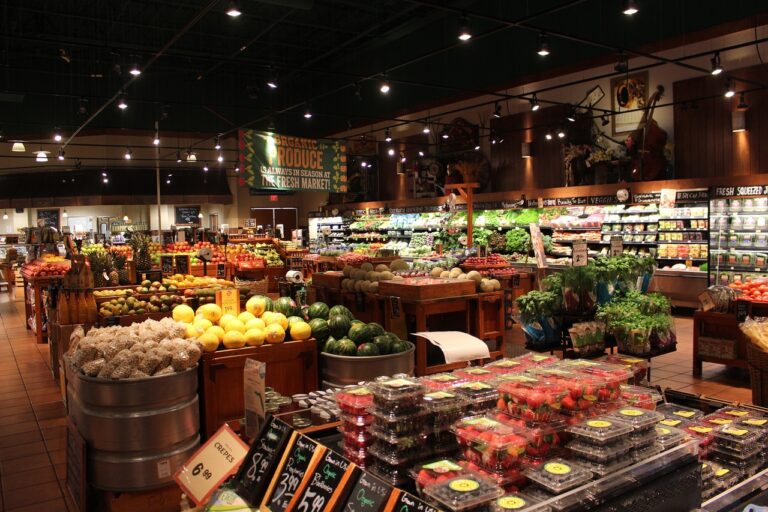The Impact of Influencer Marketing on Food Industry
Influencer marketing in the food industry has proven to be a powerful tool for reaching a targeted audience. By partnering with influencers who have a strong following and credibility in the food space, brands can tap into a ready-made community of potential customers. These influencers can create authentic and engaging content that resonates with their audience, helping to build trust and awareness for the brand.
Moreover, influencer marketing allows food brands to showcase their products in a natural and relatable way. Instead of traditional advertising that can feel pushy or sales-driven, influencers can seamlessly integrate a brand’s products into their content, making it feel more like a personal recommendation from a friend. This organic approach can lead to higher engagement rates and ultimately drive more sales for the food brand.
Types of Influencers in the Food Industry
When it comes to the food industry, there are several types of influencers who have made a significant impact on how brands promote their products. Firstly, we have food bloggers who share their culinary experiences, recipes, and reviews on various platforms such as blogs, Instagram, and YouTube. These influencers have a loyal following of food enthusiasts who trust their recommendations and seek inspiration from their content.
Another type of influencer in the food industry is the celebrity chef. These renowned culinary experts have a strong presence on television, social media, and in the culinary world. Their expertise and reputation in the industry make them influential figures whose endorsements can greatly benefit food brands seeking to reach a wider audience.
How Influencer Marketing has Changed the Way Food Brands Advertise
In the dynamic landscape of modern marketing, food brands have embraced a new strategy to reach their target audience – influencer marketing. This innovative approach involves collaborating with social media influencers who have a substantial following and credibility within the food industry. By leveraging these influencers’ reach and influence, food brands can effectively connect with a larger audience in a more authentic and engaging way.
Traditional advertising methods often struggle to resonate with today’s consumers, who crave genuine connections and authenticity from the brands they engage with. Influencer marketing offers a solution to this challenge by providing a more personalized and relatable approach to advertising. Through partnerships with influencers, food brands can create content that feels less like a traditional advertisement and more like a recommendation from a trusted source. This shift in advertising has transformed the way food brands connect with consumers, leading to higher engagement rates and increased brand loyalty.





